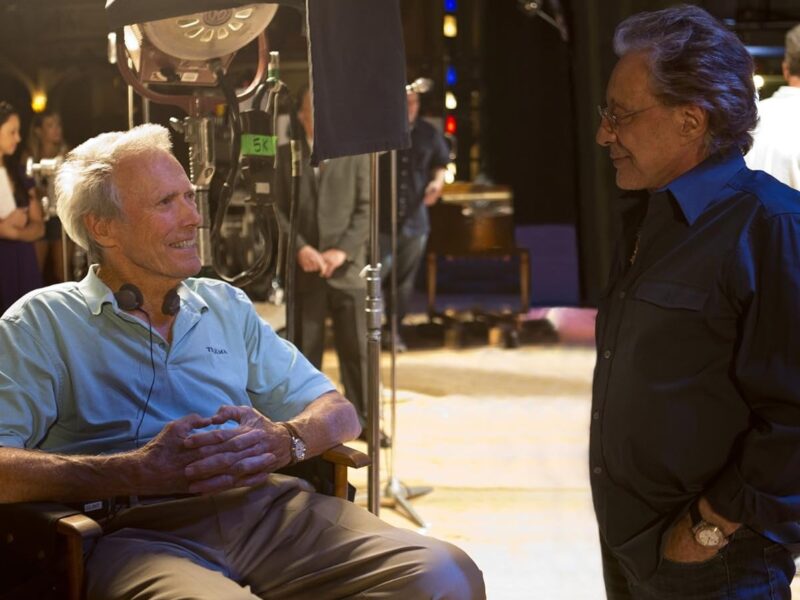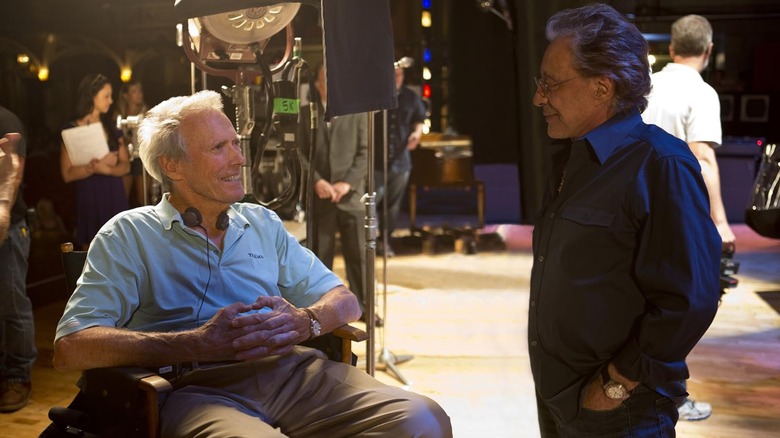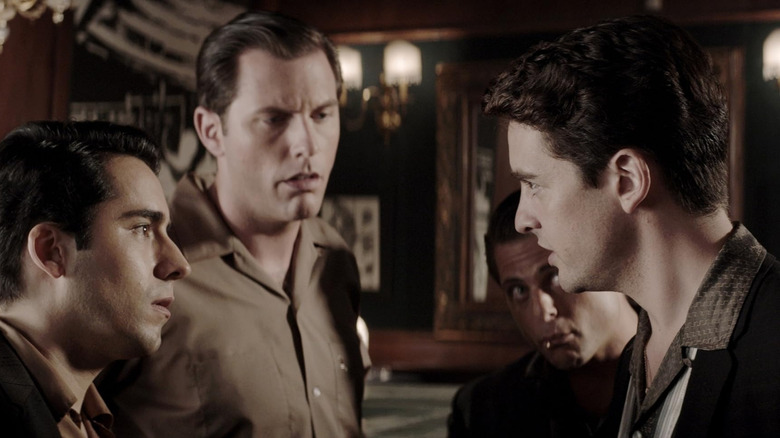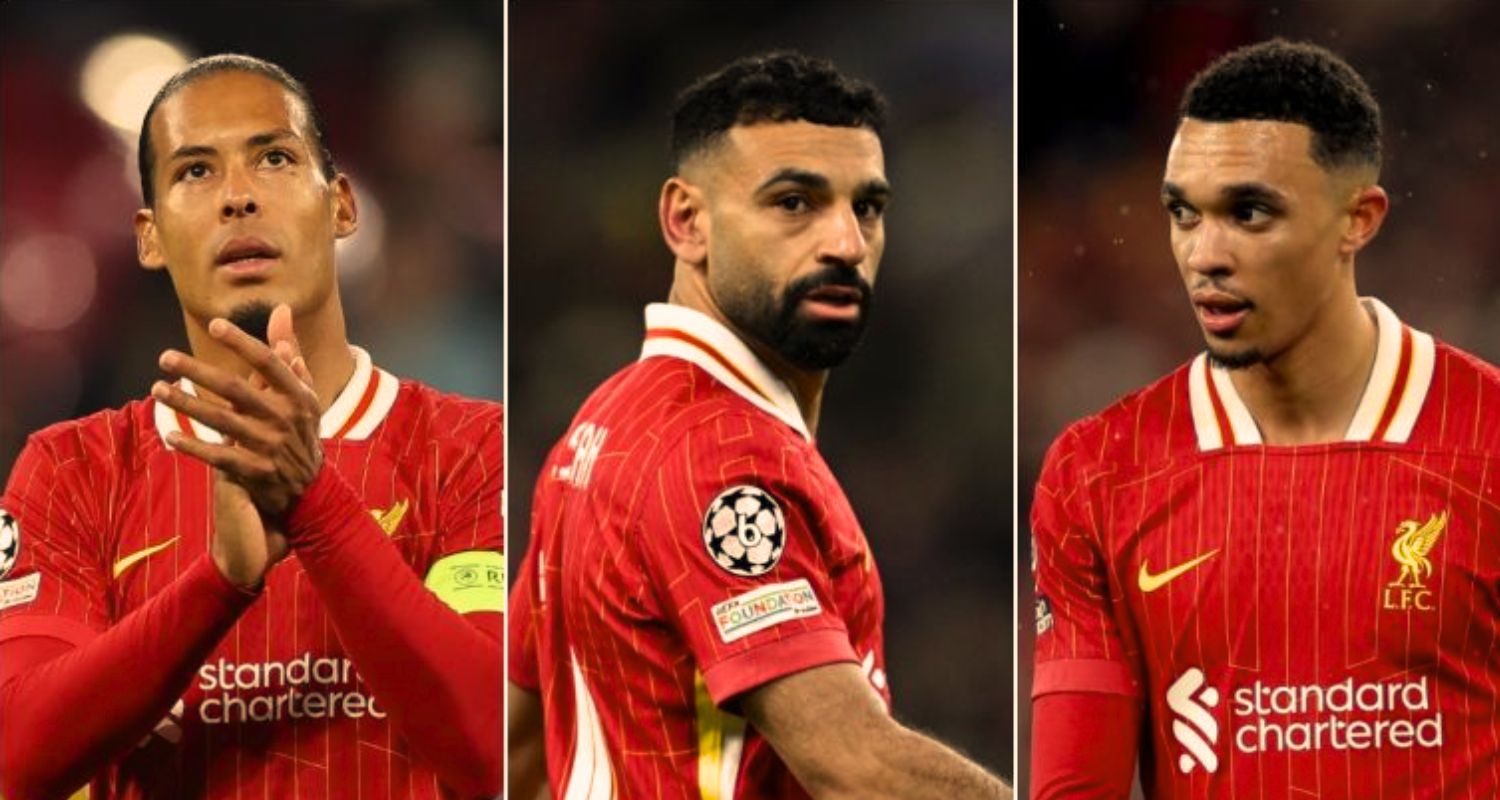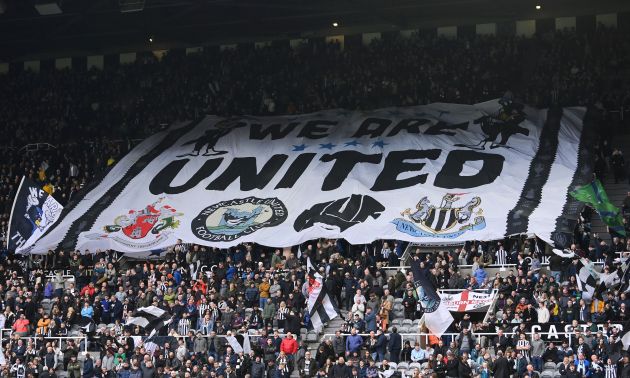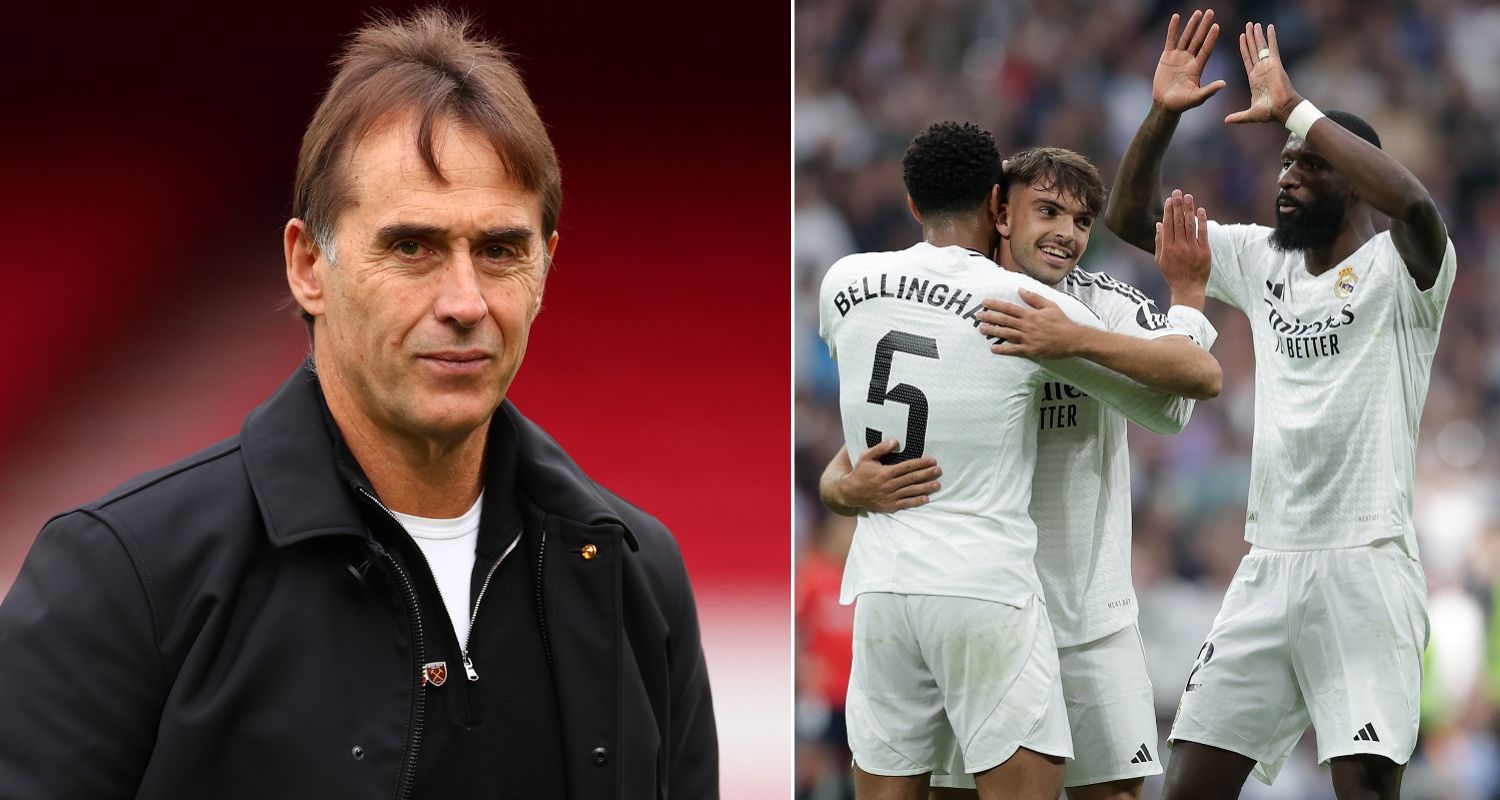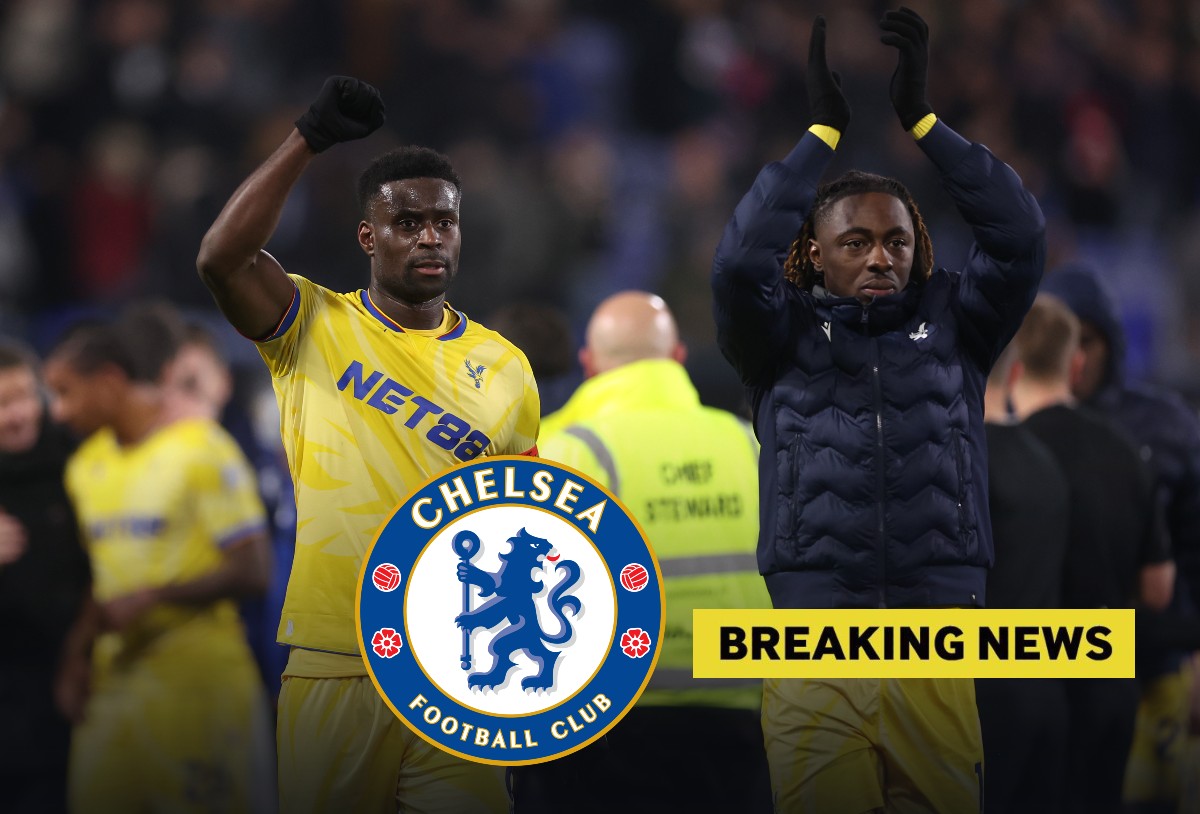Musicals are practically scientifically designed to improve mood. Plots be damned, you can't help but feel a little high after more than two hours of watching people cut the carpet while singing about their innermost feelings. It's the guiding principle that allowed Broadway titans like Stephen Sondheim and Andrew Lloyd Webber to reimagine tragic love stories and gothic horror thrillers as crowd-pleasing spectacles of murder, revenge and, most terrifyingly, dealing with a needy, selfish human. an actor. Even when they end in doom and gloom, you still leave the theater humming their catchiest earworms on an endorphin high (or if you just watched “Cats” for the first timepossibly a different kind of high).
So what happens when you hire the authority on cinematic melancholy, the 21st century Clint Eastwood, to turn your Broadway smash into a movie? You get Jersey Boys, possibly one of the most depressing and craziest musicals ever to grace the screen. If you've ever wondered if “Mystic River” or even “Million Dollar Baby” could be less depressing if their characters sang about their emotions amid moments of pain, loss, and turmoil, the answer, judging by the results here , is… not really . Still, while it's not hard to see why Jersey Boys was a flop upon its 2014 release, it's that same bleakness that makes it unique in today's movie musical landscape.
Eastwood's Jersey Boys is an anti-Broadway audience
Eastwood's grounded, dark portrayal of 1960s rock 'n' roll sensation The Four Seasons' rapid rise to fame and the good (and especially bad) times that followed is truer to the source material than you might think. The original jukebox Broadway musical, written by Rick Ellis and Marshall Brickman (yes, the co-writer of the Oscar-winning “Annie Hall”) eschews the idea of a fantastical representation of the band's story, presenting itself as something like the live. a theatrical documentary. Accordingly, The Man With No Name generally avoids the sort of flights of fancy you might find a biographical musical like “Rocketman”. Instead, almost all of the songs are diet and presented in a realistic light (end credits aside), whether it's the live sequence of singing Seasons, which Eastwood and his trusted cinematographer Tom Stern have shot with their signature smooth, unhurried overlays and a muted black-and-brown color palette or the band's music is used as a soundtrack for montages, many of which tend to focus on a miserable beat in the group's story.
In the end, you end up with a movie that looks a bit like the movies “What You Do!” … and that's even before the season's success (thanks to all-time pop classics like “Sherry” and “Big Girls Don't Cry”) is marred by band infighting, mob debt and family struggles. But where Tom Hanks' musical drama about a fictional '60s band that rockets up the Billboard charts mostly manages to make up for its sweet nostalgia with more sober moments, Eastwood's relentlessly gritty approach collides with scenes where “Jersey Boys” wants to be lighter. – warm and charming. Most people agree on this point as well, as evidenced by the film Rotten Tomatoes ratings (51 percent from critics, with just a slightly higher audience score of 62%) and a disappointing box office performance ($67 million worldwide against a $40 million budget).
Still, with its soulful music, themes of flawed masculinity and a wistful tale of the price that comes with a lifetime spent in the spotlight, “Jersey Boys” is certainly as personal as anything Eastwood has ever directed. Despite its faults, it basically even succeeds as an anti-Broadway crowd-pleaser, and that all-too-rare example of a musical that can actually leave you feeling more down than engrossed. (Know if that's your thing. .)
Source link

